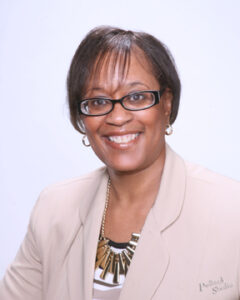Adjusting to Daylight Saving Time
Tips For Seniors Struggling With the Time Change

Adjusting to Daylight Saving Time in the Spring can pose unique challenges for seniors. The abrupt shift in the clock can disrupt sleep patterns and impact overall well-being.
Challenges include:
- Sleep Disruption: Seniors may experience difficulty falling asleep or waking up earlier than desired due to the sudden time change.
- Circadian Rhythm Impact: Older individuals may find it harder to reset their internal body clock, leading to fatigue and daytime drowsiness.
- Medication Timing: Seniors on medication schedules may face challenges in adjusting to the new time, potentially impacting the effectiveness of their medications.
To help seniors cope with these challenges:
- Gradual Adjustments: Start adjusting bedtime and waking time gradually in the days leading up to the time change, allowing the body to adapt more naturally.
- Exposure to Natural Light: Spend time outdoors, especially in the morning sunlight, to help regulate the circadian rhythm and promote better sleep.
- Consistent Schedule: Maintain a consistent daily routine, including meal times, exercise, and bedtime, to help the body adjust to the new time.
- Limit Stimulants: Reduce caffeine and electronic device use, especially before bedtime, to support a smoother transition to the new sleep schedule.
- Mindful Napping: If needed, incorporate short, strategic naps during the day to combat fatigue without disrupting nighttime sleep.
- Healthy Sleep Environment: Ensure the bedroom is conducive to sleep by keeping it dark, quiet, and cool. Consider blackout curtains to block out extra evening light.
- Stay Hydrated: Proper hydration contributes to overall well-being, including better sleep. Encourage seniors to drink enough water throughout the day.
If seniors continue to struggle with adjusting to Daylight Saving Time, it’s advisable to consult with a healthcare professional. They can provide personalized advice based on the individual’s health, lifestyle, and specific challenges.


